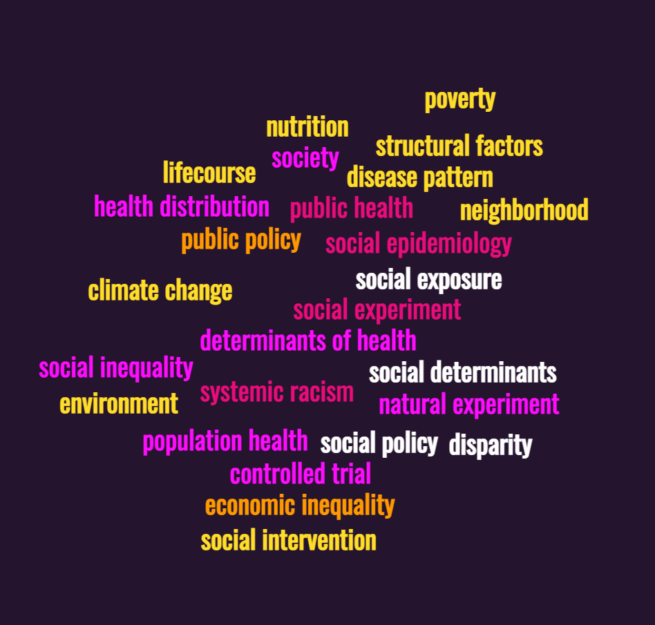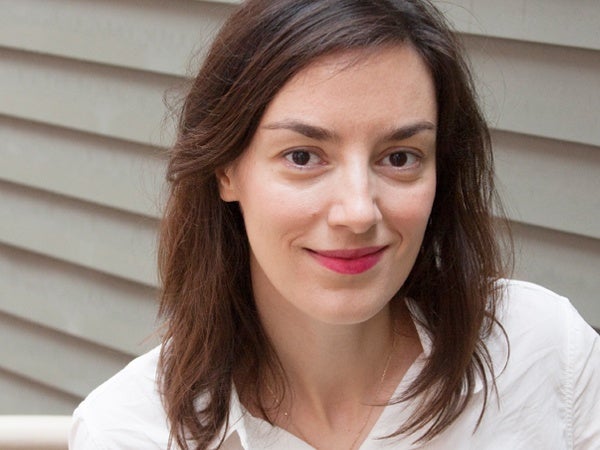In honor of the American Journal of Public Health’s 100th anniversary, a commentary by HCPDS Director Lisa Berkman, faculty member Mauricio Avendano, and former Bell Fellow Emilie Courtin spreads enthusiasm about how the implementation of social randomized controlled trials (RCTs) and natural experiments that utilize observational data can help to advance the field of social epidemiology, and to illustrate… “…how credible social policy reforms may be instrumental to address health…
First look at impacts of expanding antipoverty social policy benefits (Paycheck Plus) to working people without children in New York City
Recent Bell Fellow Emilie Courtin, PhD, and her colleagues have published a research article in the journal Health Affairs. They found that expanding the earned income tax credit to people without children resulted in an uptick in employment and earnings, and, for women, in health-related quality of life. “…our study provides some optimism that reshaping the social policy landscape could reverse the declining health of low-income Americans observed in recent…
Comprehensive systematic review finds evidence that social policies have potential to improve health
Is it possible to improve population health through social policies that target early life, income and health insurance? The findings of a comprehensive systematic review of randomized social experiments provide evidence that social interventions have the potential to improve health. A recent Harvard Bell Fellow, Emilie Courtin, and her colleagues have published their findings in The Milbank Quarterly, and the review has received attention in the media.
Riding the bus to better cognitive function
Findings from a study authored by Harvard Pop Center Bell Fellow Emilie Courtin, faculty member Mauricio Avendano, and colleagues reveal that making public transportation more accessible to older adults (by way of a free bus pass) did more than just boost ridership; it also increased their cognitive functioning, perhaps by facilitating a more socially and physically active lifestyle.
Mother’s education level linked to child’s risk of obesity
A mother’s education level has been found to be linked to her offspring’s body mass index (BMI) as early as three years of age in three European countries. The recent findings by Harvard Pop Center affiliates (faculty member Mauricio Avendano, Bell Fellow Emilie Courtin, and former visiting scientist Cathal McCrory) and their colleagues have been published in Paediatric and Perinatal Epidemiology, and the study has received attention in the news……
Continue reading “Mother’s education level linked to child’s risk of obesity”
Longer compulsory education not necessarily better for cognitive & mental health outcomes; a natural experiment finds differences between genders
A new study published in the BMJ Journal of Epidemiology & Community Health examined the long-term health impacts of a policy enacted in France that extended compulsory education by two years. Lead author Emilie Courtin, PhD, a current Harvard Bell Fellow, along with Harvard Pop Center Director Lisa Berkman, and faculty members Mauricio Avendano and Maria Glymour and other colleagues, found that while the reform was linked to improved cognitive…
When is more education not necessarily better for health?
Harvard Bell Fellow Emilie Courtin, PhD, is lead author on a study published in Social Science & Medicine that reveals that when mandatory length of education among teenagers in France was raised from age 14 to 16 by a government policy, those students who were from socioeconomically disadvantaged families were later found to have higher blood pressure and white blood cell counts in adulthood. Harvard Pop Center Director Lisa Berkman and faculty…
Continue reading “When is more education not necessarily better for health?”
Harvard Pop Center welcomes new cohort of David E. Bell postdoctoral fellows
The fall semester has arrived, and so has the 2018-2020 cohort of Harvard Bell Fellows. We are very pleased to have Leslie Adams, Emilie Courtin, and Angela Dixon join us at the Harvard Pop Center. Learn more about these accomplished individuals and their research aspirations.



